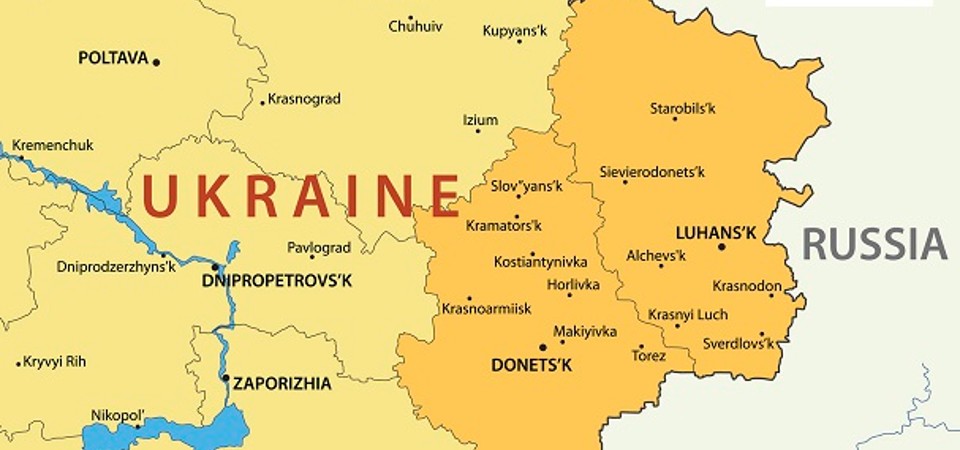The war in Ukraine has come as a shock but not a surprise for those who have studied recent Russian foreign policy. Since the invasion of Georgia in 2008 through to the annexation of Crimea in 2014, Mr Putin has made clear his ambition to restore past greatness; even if this means revising territorial boundaries, abridging sovereignty, and breaking international law.
The Russian leader has lamented the breakup of the Soviet Union as a tragic event and with the occupation of Ukraine seeks to recoup some of the losses let slip in 1991. After at best the rather languid Western response to events in Crimea, the failure of American will in Syria and the chaotic rush out of Afghanistan, Mr Putin has calculated that he can invade Ukraine with only the punishment of financial costs to bear. These can be endured by the small political elite around him, especially in the context of the renewed economic links with China.
Those of us who study war know that of course it is never that simple. Financial costs are but one feature of any conflict. It is the human face of war that rightly preoccupies us. The inevitable death and mayhem for the civilians caught up in great power politics, the injury and erosion of human rights and the plight of those forced from homelands.
If Ukraine resists it is likely that a civil war will ensue and what is imagined as a short decisive war, at least by those in the Kremlin, could evolve into a much longer confrontation. President Biden has said that the US will not ‘put boots on the ground’ in this instance. It is most likely then that as in the Bosnian War of the 1990s, the West will provide lethal force, humanitarian aid and diplomatic pressure in the hope of propping up allies and deterring foes. Any landscape of war inevitably attracts a host of actors, and we can expect to see other states meddling in the war.
President Putin has been in power for 22 years, but this once popular leader now appears increasingly remote from the concerns of his own people. It is though the Russian people with little appetite for this war who will bear the brunt of sanctions. The President has gambled that this war will be popular at home, uniting both Russia and Ukraine on the basis of historic fraternal, cultural, and religious ties.
However, the appearance of anti-war protests in cities across Russia indicates that he has in this instance misread the national mood. Whether this will prove fatal for his grip on power remains to be seen.
Professor Caroline Kennedy-Pipe
Caroline studies and writes on contemporary war and political violence. She is interested in how the Cold War developed after the Second World War and how the United States and the Soviet Union conducted foreign policy under the shadow of nuclear weapons. She is also studying the legacies of the Cold War on current Russian foreign policy.
Interview requests should be directed to publicrelations@lboro.ac.uk
ENDS
